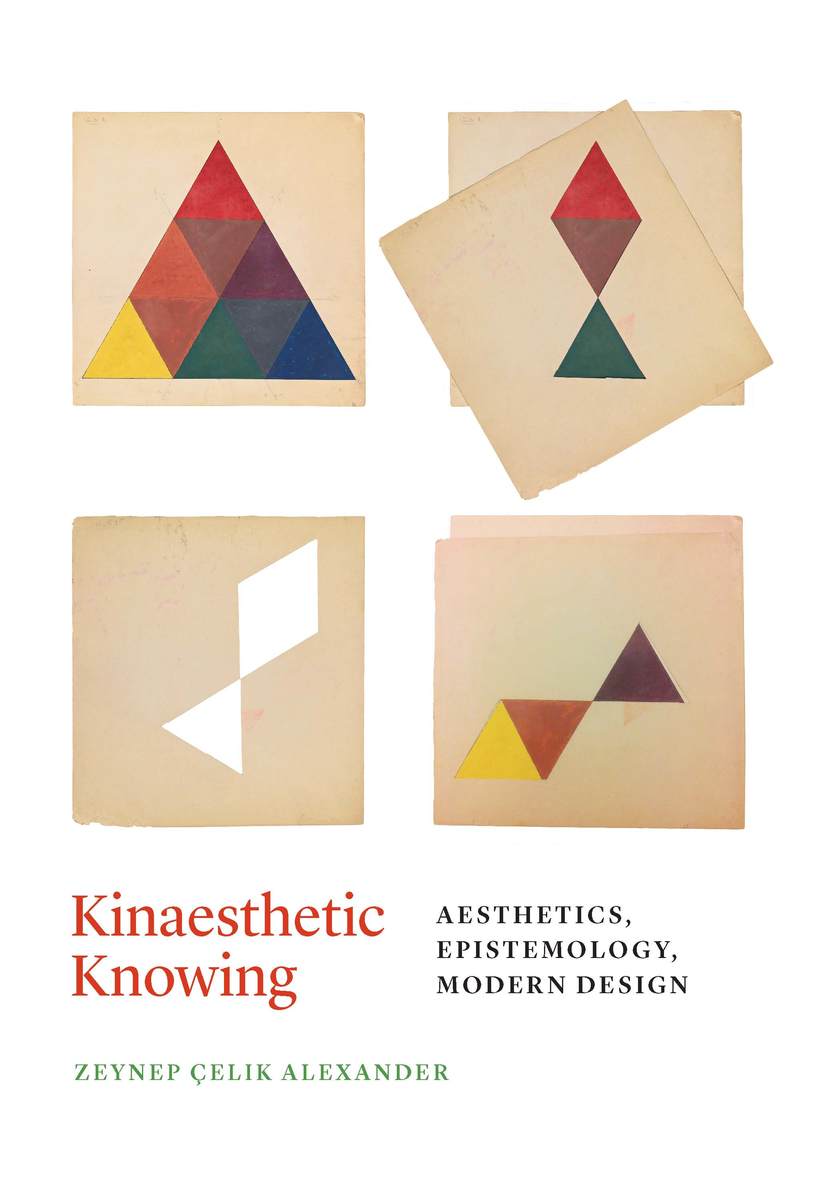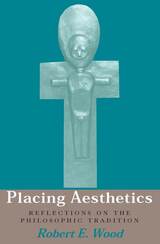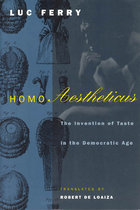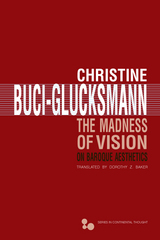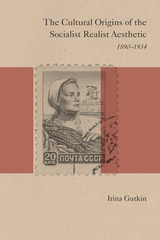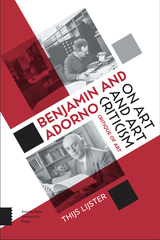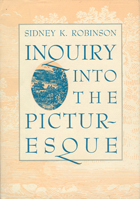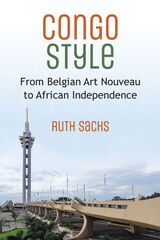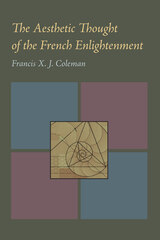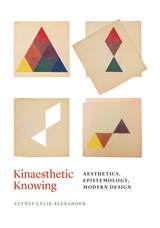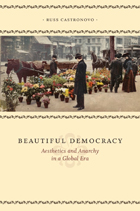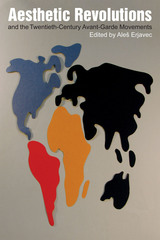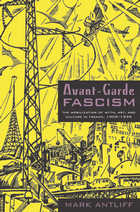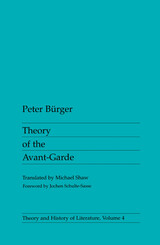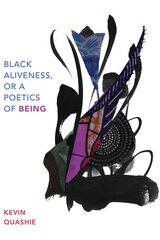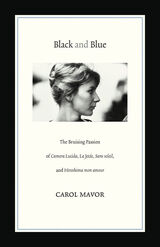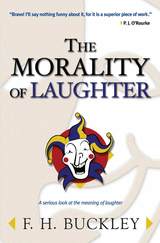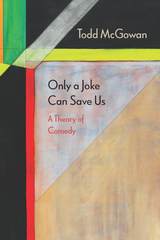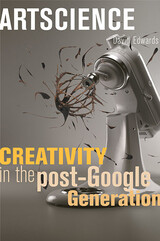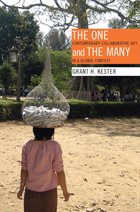“Kinaesthetic Knowing is extraordinary. A critical history of design education, this book is exceedingly learned, smart, knowing, original, and, for all that, accessible and well-written. Its impact will be as broad and deep as the work itself, reaching audiences in architectural and art history and theory, as well as German cultural history and the history of science, plus all readers interested in how disciplines establish their values, boundaries, and interrelations.”
— Daniel M. Abramson, Boston University
“For decades modern design was criticized for its orthogonal logic, disembodied rationality, and overconfidence on the power of the mind. In this groundbreaking study, Zeynep Celik Alexander lucidly counter-argues that modern historians, designers, and pedagogues drew from the anti-intellectual aesthetics of bodily movement, psychological feeling, and unconscious intuition to produce a new experiential subject through the interrelated strategies of looking and drawing in response to a new host of political motivations. From Kant to Freud and from Wölfflin to Behrens and Moholy-Nagy, this is a genuinely interdisciplinary study on the epistemological formation of twentieth-century design education that is both accessible as well as profound.”
— Spyros Papapetros, Princeton University
"Zeynep Celik Alexander's stunningly original study of the intersection of emergent laboratory psychology, new pedagogical credos, and artistic practices in late nineteenth-century Germany, is a landmark analysis. Her elegant and complex arguments are as rich in their thick cultural historical description of a nineteenth-century ocular culture as they are suggestive of alternative genetics for such key modernist explorations as formal abstraction and the embrace of the spatial as the essence of architectural experience. This is a richly documented provocation that suggests nothing short of a new datum for the emergence of architectural modernism and its pedagogical settings from public schools to the Bauhaus."
— Barry Bergdoll, Columbia University
"Through sheer force of erudition and archival imagination, Zeynep Çelik Alexander brilliantly demonstrates the convergence around 1900 of aesthetic philosophy, psychology, and modernist design pedagogy in an experimental epistemology based on bodily movement. As she shows, this paradigm recalibrated longstanding philosophical antinomies like mind versus body in a manner that casts bright historical light on today’s renewed interest in affect and embodiment. Dramatically revising our understanding of German formalist aesthetics during the long nineteenth century, Kinaesthetic Knowing tracks neo-Kantianism’s alter ego from Helmholtz to Freud, from Wundt to Wölfflin, and from Obrist to the Bauhaus. This is intellectual and cultural history of the highest order, from the ground up."
— Reinhold Martin, Columbia University
"The deep originality of Alexander’s account lies in its retelling of the history of Enlightenment thinking in a manner that will be especially valuable to those working in the fields of neuroaesthetics and affect theory, as well as those engaged in the fraught disciplinary debates around art and science. Weaving a gripping narrative that draws together for the first time philosophers, psychologists, art historians, architects, and designers (most of them also educators), Alexander sheds light on an epistemological project wherein 'the body’s physical exchanges with the world produce reliable knowledge without recourse to language, concepts, propositions, or representations.'"
— The Art Bulletin
"Kinaesthetic Knowing is one of the most profound, imaginative, and lucid historiographic studies that have seen the light of day in recent years. The book will undoubtedly become a standard point of reference, indispensable for anybody interested in the history of design education, art historiography, and the intersections of aesthetics and psychology. The author cannot be commended highly enough for mastering an enormous, interdisciplinary body of published and unpublished writings, and finding a way through the thickets of at times obscure psycho-physical debates. . . . [a] comprehensive, learned and lucid achievement"
— Association for Art History
"The intersection between knowledge and aesthetics forms the point of departure for Zeynep Çelik Alexander in Kinaesthetic Knowing: Aesthetics, Epistemology, Modern Design, a history of modern design pedagogy in the German-speaking lands during the nineteenth and early twentieth centuries. . . . Alexander engages a historiography on concepts of European modernism and ‘modernity’ by showing the historical relationship between modern design and visual expression with developments in psychology, psychophysics, physiology, pedagogical theory, instruction and technique."
— Contemporary European History
"Traversing aesthetics, epistemology, and design education, Kinaesthetic Knowing expands the notion of Gestaltung from the formation of modern artifacts to the shaping of human subjects and the restructuring of areas of knowledge, including scientific and design techniques and their interrelated histories. One of the book’s many feats is that it makes the history of psychological aesthetics relevant again for the study of architectural history. . . . [a] lucidly written, thoroughly researched, and methodologically groundbreaking book."
— Journal of the Society of Architectural Historians
"[Kinaesthetic Knowing] offers the first multimedia history of the intellectual matrix from which those like Richter came. . . . Kinaesthetic Knowing should be read as both art history and as history of the present."
— Necsus
"...lucidly written, thoroughly researched, and methodologically groundbreaking."
— JSAH
"[Kinaesthetic Knowing] gives the reader... a model for thinking past conventional categories that commonly structure historical epistemological claims, a sensitivity to alternative sites for the production of knowledge–and alternative producers of ways of knowing–and, finally, a sharper attention the logic and mechanism of knowledge systems at work."
— Ana Isabel Keilson, Contemporary European History
